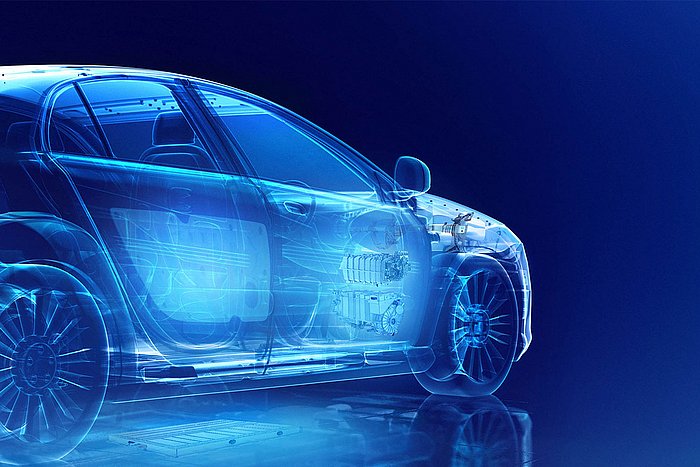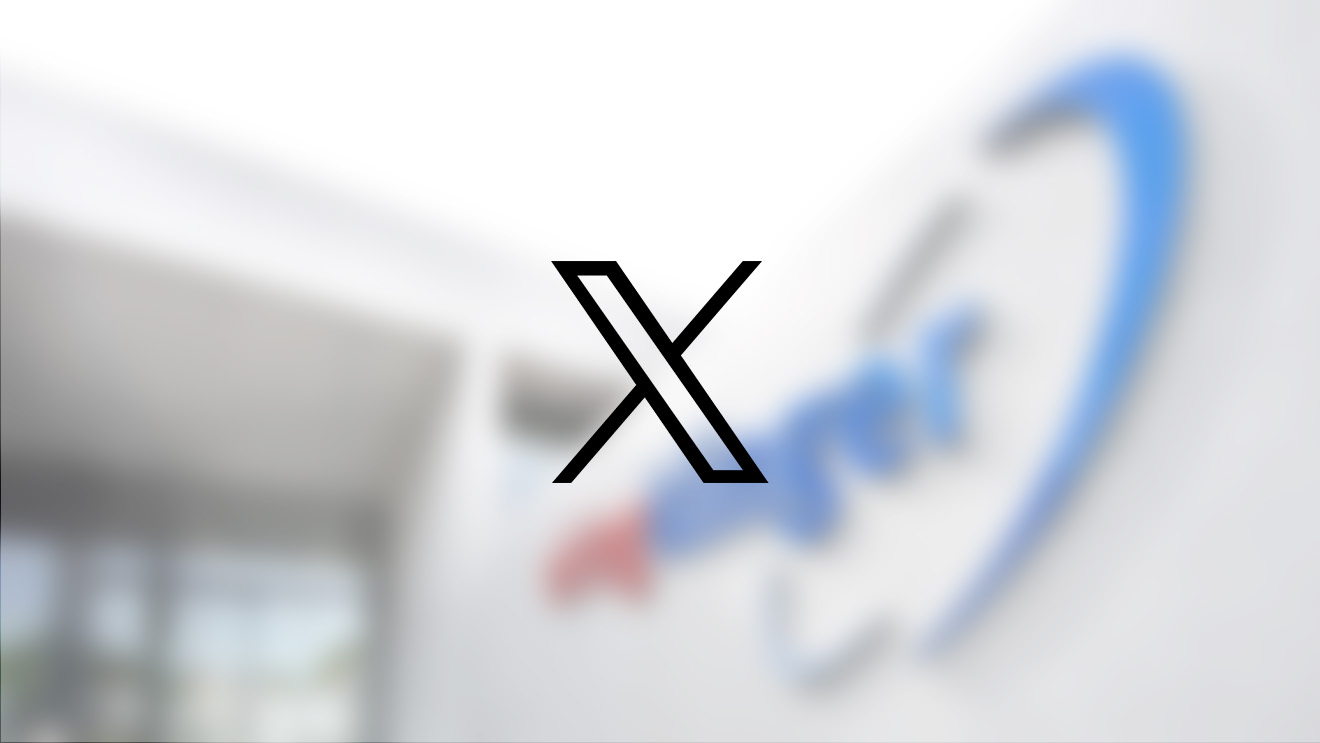- New company, jointly owned by ElringKlinger and Plastic Omnium, ready to supply fuel cell stacks and components for broad range of applications
- Initial annual production capacity of up to 10,000 stacks already available
- In parallel, Plastic Omnium takes ownership of ElringKlinger's subsidiary for integrated hydrogen systems to complement its global hydrogen strategy
Dettingen/Paris +++ EKPO Fuel Cell Technologies, the joint venture of ElringKlinger (60%) and Plastic Omnium (40%), is now ready to start operations, having implemented all contractual arrangements and been granted the necessary antitrust approvals. The newly created company offers best-in-class and cost-competitive fuel cell stacks and components for a broad range of applications. Initially, the company will focus on commercial vehicles and buses and then on passenger cars. Special vehicles, trains, and ships are also fields of the growth potential.
Commenting on EKPO's launch, the two CEOs of the parent groups, Dr. Stefan Wolf and Laurent Favre, said, "We are pleased that business is now underway. We see tremendous market potential ahead of us and are determined to achieve our revenue target of EUR 700 million to EUR 1 billion in 2030. Our commercial pipeline is very strong and production capacity is in place. In addition, we can build on compelling technology, centered around high power density, in our efforts to translate our joint vision into reality. By successfully establishing fuel cell drives, we make our contribution on the road to emission-free mobility."
The company site in Dettingen/Erms, Germany, is already able to produce up to 10,000 fuel cell stacks per year according to automotive industrial standards as well as key components of a stack, such as bipolar plates or media modules. In the coming years, EKPO will drive investments for accelerating innovation, extending the commercial pipeline, and increasing production capacity, with the aim to achieve a market share of 10 to 15% in 2030.
The joint venture is headed by a group of three general managers. Armin Diez (58), previously in charge of ElringKlinger's fuel cell business, is responsible for the technical and operational activities. Julien Etienne (43) from Plastic Omnium New Energies is in charge of sales, marketing, and program management. Dr. Gernot Stellberger (41), Head of Global Strategy, M&A, and Innovations at ElringKlinger, is responsible for financial and strategic tasks.
As part of the agreement signed in October 2020, Plastic Omnium also acquires ElringKlinger Fuelcell Systems Austria GmbH (EKAT), ElringKlinger's subsidiary specialized in integrated hydrogen systems. With this acquisition, Plastic Omnium complements its expertise in energy management and control of hydrogen systems.
The website of EKPO Fuel Cell Technologies is now online: www.ekpo-fuelcell.com
For further information, please contact:
About ElringKlinger
As an independent and globally positioned supplier, ElringKlinger is a powerful and reliable partner to the automotive industry. Be it passenger car or commercial vehicle, equipped with an optimized combustion engine, with hybrid technology or with an all-electric motor, the Group offers innovative solutions for all types of drive system. Developing cutting-edge battery and fuel cell technology as well as electric drive units, ElringKlinger was among the frontrunners when it came to positioning itself as a specialist in the field of e-mobility. Alongside its proprietary fuel cell stacks, ElringKlinger is acknowledged in particular for its innovative fuel cell components, including patented designs for metallic bipolar plates and plastic media modules that complement the product range. ElringKlinger PEMFC stacks provide exceptional performance characteristics, thus setting an international benchmark: With an electrical output of up to 200 kWel and a volumetric power density of up to 6 kW/l, the NM12 fuel cell stacks are suitable for use in both passenger cars and commercial vehicles as well as in other applications requiring a high level of performance. The smaller NM5 fuel cell stacks provide an electrical output of 6 to 73 kWel. Moreover, the Group provides sealing technology, shielding systems and lightweight products around the engine and the body structure of a vehicle. These efforts are supported by a dedicated workforce of around 10,000 people at 45 ElringKlinger Group locations around the globe.
About Plastic Omnium
Around the world, Plastic Omnium provides carmakers with innovative solutions for more connected and sustainable mobility. A global leader in its three businesses, the Group develops and produces intelligent exterior systems, clean energy systems and customized complex modules. With an international footprint of 135 plants, 25 R&D centers and a 2,200 patent portfolio, Plastic Omnium relies on its 31,000 employees to meet the challenges of clean and smart mobility.
Innovation-driven since its creation, Plastic Omnium is now paving the way for the zero carbon car through its investments in hydrogen solutions, for which the Group has ambitions to become world leader throughout the entire value chain.







![[Translate to English:] ElringKlinger auf Instagram [Translate to English:] ElringKlinger auf Instagram](/fileadmin/data/images/06-newsroom/01-content/social-media/elringklinger-social-media-instagram-1320x743.jpg)
![[Translate to English:] ElringKlinger auf Facebook [Translate to English:] ElringKlinger auf Facebook](/fileadmin/data/images/06-newsroom/01-content/social-media/elringklinger-social-media-facebook-1320x743.jpg)

![[Translate to English:] ElringKlinger auf LinkedIn [Translate to English:] ElringKlinger auf LinkedIn](/fileadmin/data/images/06-newsroom/01-content/social-media/elringklinger-social-media-linkedin-1320x743.jpg)
![[Translate to English:] ElringKlinger auf Xing [Translate to English:] ElringKlinger auf Xing](/fileadmin/data/images/06-newsroom/01-content/social-media/elringklinger-social-media-xing-1320x743.jpg)